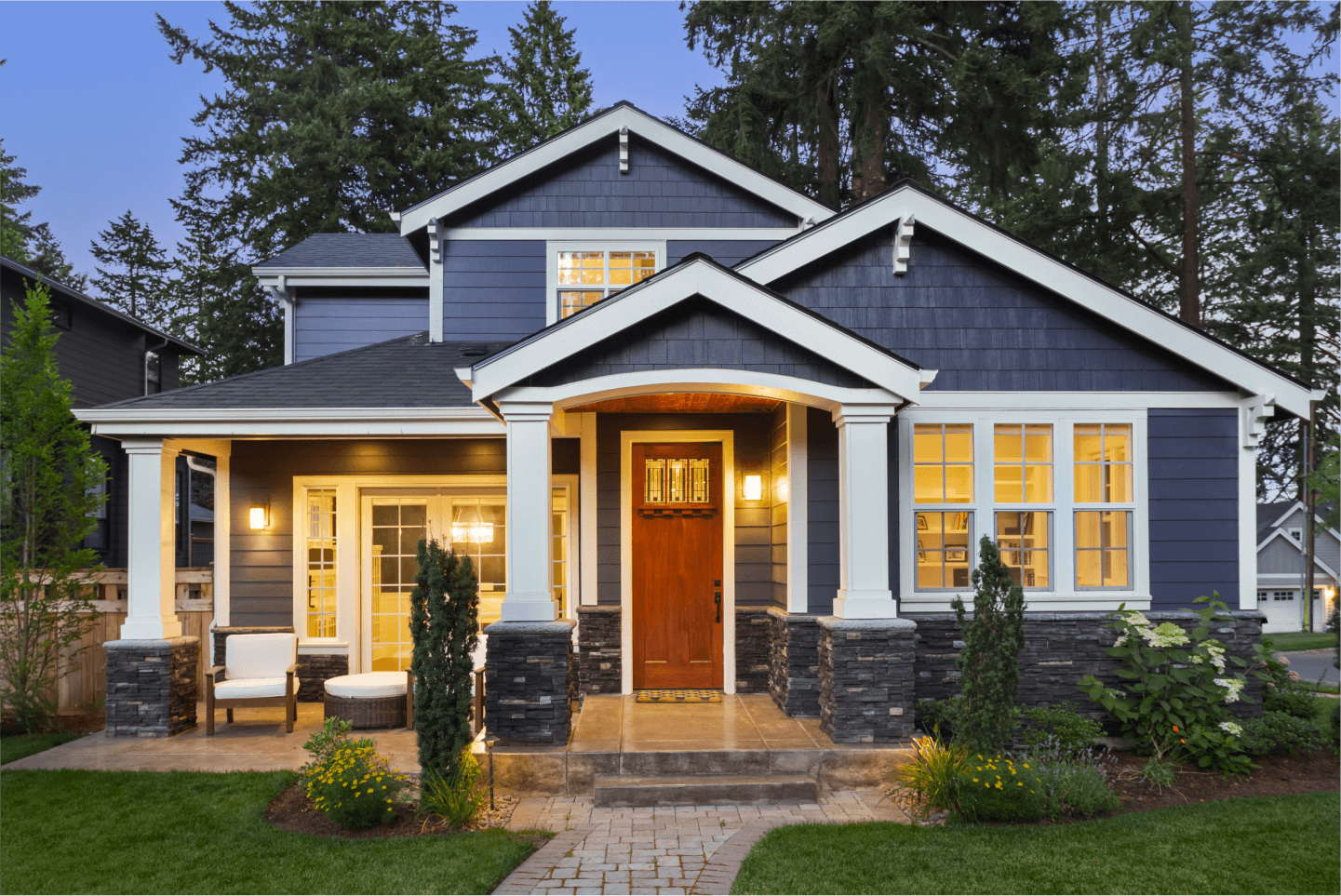“Master Your Budget: Discover the Home You Can Truly Afford!”
Struggling to find that dream home within your budget? Our tips help you navigate costs and secure a house you'll love without breaking the bank.

Buying a home is one of the most exciting and significant decisions you will ever make. It’s a place where memories are created, and life unfolds. But before you dive into the world of home buying, it’s essential to get a handle on your budget. Understanding what you can afford is crucial to finding the perfect home without stretching your finances too thin.
Imagine walking through the door of your new home, knowing you made a smart financial choice. This is possible when you master your budget. Let’s explore how to determine the right price range for your new home and ensure you’re ready for the journey ahead.
First, let’s talk about what a budget is. A budget is simply a plan that helps you manage your money. It allows you to see where your income goes and how much you can spend on different things, including a home. To master your budget, start by tracking your monthly income. This includes your salary, any side gigs, or additional sources of revenue. Knowing your total income gives you a clear picture of your financial landscape.
Next, you need to account for your monthly expenses. This includes everything from rent or current mortgage payments, utilities, groceries, transportation, insurance, and any debts you may have. Don’t forget to include costs like entertainment and savings. By adding up these expenses, you can see how much you have left over.
Now, it’s time to think about your future home. A common guideline is to spend no more than 28% to 30% of your gross monthly income on housing costs. This includes not just the mortgage payment, but also property taxes, homeowners insurance, and any homeowner association fees. Sticking to this percentage helps ensure you have enough money left for your other expenses and savings.
When calculating how much home you can afford, it’s also important to factor in your down payment. The more you can put down upfront, the less you’ll need to borrow. This not only helps lower your monthly payments but may also allow you to avoid private mortgage insurance (PMI), which is an additional cost added to your mortgage if your down payment is less than 20%.
Let’s not forget about the other costs associated with buying a home. In addition to your monthly mortgage payment, consider closing costs, which may include fees for things like inspections, appraisals, and title insurance. These costs can add up to thousands of dollars, so it's important to plan for them.
Another crucial component of budgeting for your new home is understanding your credit score. Your credit score plays a significant role in determining how much you can borrow and at what interest rate. A higher credit score typically translates to a lower interest rate, which can save you thousands over the life of your loan. To improve your score, pay bills on time, keep credit card balances low, and avoid opening new credit accounts before applying for a mortgage.
Once you have a solid grasp on your budget, you can begin to explore neighborhoods and homes that fit within your price range. Think about what you want in a home. How many bedrooms do you need? Do you want a big backyard? Is being near schools or public transportation important to you? Make a list of your must-haves and nice-to-haves. This will help you focus your search on properties that meet your needs without exceeding your budget.
It’s also wise to consider your long-term plans. Are you looking for a starter home, or do you plan to stay in this home for many years? Your plans will influence what you can afford. If you think you might need more space in a few years, it may make sense to invest in a larger home now, even if it stretches your budget slightly.
As you embark on this journey, remember that it’s okay to ask for help. Your mortgage loan officer is here to guide you every step of the way. They can provide invaluable insights into the mortgage process, help you understand different loan options, and explain what you can realistically afford based on your unique financial situation.
Don’t hesitate to reach out to a knowledgeable mortgage loan officer who can help you analyze your budget, answer your questions, and provide tools that make the home-buying process easier. They can assist you in getting pre-approved for a mortgage, which will give you a better sense of your price range and show sellers that you are a serious buyer.
In addition to working with a mortgage professional, consider creating a savings plan if you don’t have a down payment saved yet. Set aside a certain amount each month dedicated to your home purchase. This will not only help you reach your goal faster, but it will also give you a sense of accomplishment as you watch your savings grow.
Finally, remember to stay flexible. The housing market can be unpredictable, and you may not find the perfect home right away. Be prepared to adjust your expectations or explore different areas. Sometimes, the ideal home is in a neighborhood you hadn’t considered before.
Mastering your budget may seem daunting, but with the right approach, it can be an empowering experience. Take the time to educate yourself, plan wisely, and seek out professional advice. This will help you discover the home you can truly afford while also ensuring that your financial future remains bright.
Your dream home is waiting for you, and with the right budgeting strategies, you can make it a reality. Reach out today to discuss your specific needs and get started on the exciting journey of homeownership!